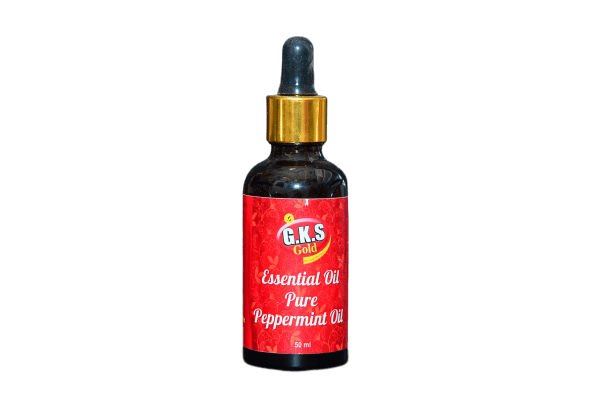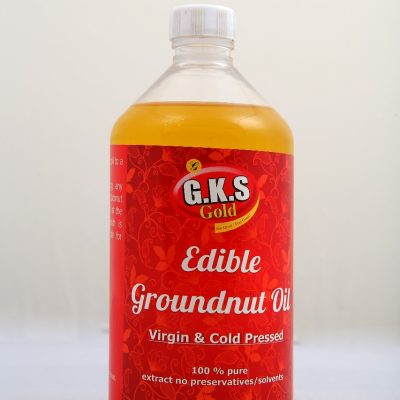Background
- The herb peppermint, a natural cross between two types of mint (water mint and spearmint), grows throughout Europe and North America. Both peppermint leaves and the essential oil from peppermint have been used for health purposes. (Essential oils are very concentrated oils containing substances that give a plant its characteristic odor or flavor.) Peppermint is a common flavoring agent in foods, and peppermint oil is used to create a pleasant fragrance in soaps and cosmetics.
- Mint has been used for health purposes for several thousand years. It is mentioned in records from ancient Greece, Rome, and Egypt. However, peppermint was not recognized as a distinct kind of mint until the 1700s.
- Today, peppermint is used as a dietary supplement for irritable bowel syndrome (IBS), other digestive problems, the common cold, headaches, and other conditions. Peppermint oil is also used topically (applied to the skin) for headache, muscle aches, itching, and other problems. Peppermint leaf is available in teas, capsules, and as a liquid extract. Peppermint oil is available as liquid solutions and in capsules, including enteric-coated capsules.
How Much Do We Know?
- A small amount of research has been conducted on peppermint oil, primarily focusing on IBS.
- Very little research has been done on peppermint leaf.
What Have We Learned?
- Peppermint oil has been studied most extensively for IBS. Results from several studies indicate that peppermint oil in enteric-coated capsules may improve IBS symptoms.
- A few studies have indicated that peppermint oil, in combination with caraway oil, may help relieve indigestion, but this evidence is preliminary and the product that was tested is not available in the United States.
- Peppermint oil has been used topically for tension headaches and a limited amount of evidence suggests that it might be helpful for this purpose.
- There’s not enough evidence to allow any conclusions to be reached about whether peppermint oil is helpful for nausea, the common cold, or other conditions.
- There’s not enough evidence to show whether peppermint leaf is helpful for any condition.
What Do We Know About Safety?
- Peppermint oil appears to be safe when taken orally (by mouth) in the doses commonly used. Excessive doses of peppermint oil can be toxic.
- Possible side effects of peppermint oil include allergic reactions and heartburn. Capsules containing peppermint oil are often enteric-coated to reduce the likelihood of heartburn. If enteric-coated peppermint oil capsules are taken at the same time as antacids, the coating can break down too quickly.
- Like other essential oils, peppermint oil is highly concentrated. When the undiluted essential oil is used for health purposes, only a few drops are used.
- Side effects of applying peppermint oil to the skin can include skin rashes and irritation. Peppermint oil should not be applied to the face or chest of infants or young children because serious side effects may occur if they inhale the menthol in the oil.
- No harmful effects of peppermint leaf tea have been reported. However, the long-term safety of consuming large amounts of peppermint leaf is unknown.
Keep in Mind
- Tell all your health care providers about any complementary or integrative health approaches you use. Give them a full picture of what you do to manage your health. This will help ensure coordinated and safe care.






Reviews
There are no reviews yet.